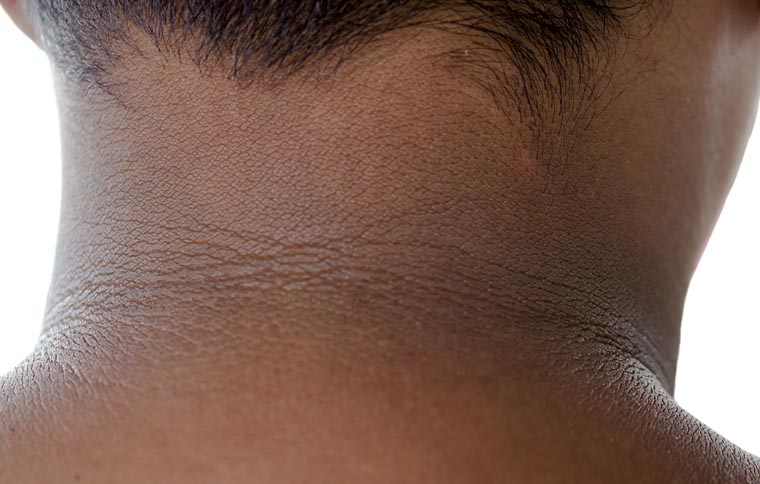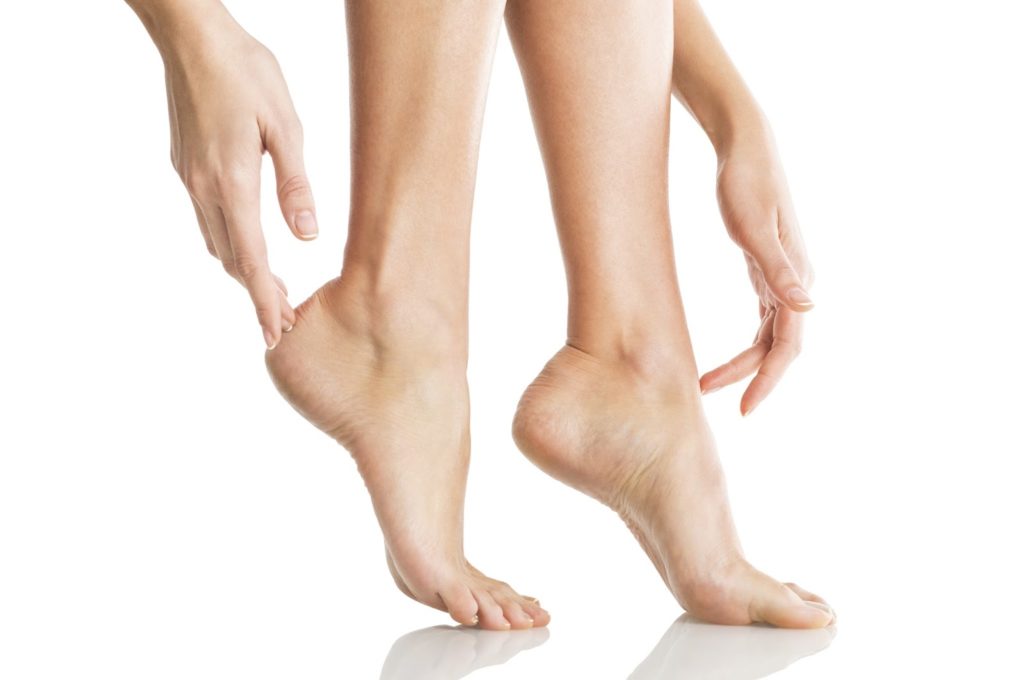5 Strange Symptoms That Could Be Early Signs of Diabetes
March 1 2018Many people who develop type 2 diabetes have no idea they’re sick until a blood test shows abnormal blood sugar levels, or until their disease progresses and serious complications start to occur. “For the most part, diabetes is silent and insidious,” says Ronald Tamler, MD, director of the Mount Sinai Clinical Diabetes Institute. “Most of the time people have no symptoms early on.”
In some cases, though, there are sneaky signs. Some early diabetes symptoms are well-known: constant thirst, excessive urination, or sudden weight gain or loss, for example. Others, like the ones below, are more easily missed—by medical professionals and patients alike. If you’re experiencing any of these, be sure to bring them up with your doctor.

Inflamed or infected gums
Periodontitis—also known as gum disease—may be an early sign of type 2 diabetes, according to new research published in the journal BMJ Open Diabetes Research & Care. The study found that people with gum disease, especially those with severe cases, had higher rates of diabetes (both diagnosed and undiagnosed) and pre-diabetes than those without.
The connection between gum disease and diabetes isn’t new, says Dr Tamler, and it appears to go both ways: Having either condition seems to increase the risk of developing the other. “Inflammation caused by gum disease eggs on the same factors that are responsible for high blood sugar that causes diabetes,” he says.

Skin discolouration
“Long before you actually get diabetes, you may notice a dark discolouration on the back of your neck,” says Dr Tamler. This is called acanthosis nigricans, and it’s usually a sign of insulin resistance—a loss of sensitivity to the hormone the body uses to regulate glucose—that can eventually lead to full-blown diabetes.
In rare cases, acanthosis nigricans can also be caused by ovarian cysts, hormonal or thyroid disorders, or cancer. Certain drugs and supplements, including birth control pills and corticosteroids, can also be responsible.

Strange sensations in your feet
About 10% to 20% of people who are diagnosed with diabetes already have some nerve damage related to the disease. In the early stages, this may be barely noticeable, says Dr Tamler: “You may feel a strange, electric tingling in your feet, or have decreased sensation or decreased balance.”
Of course, these strange sensations could be caused by something as simple as wearing high heels or standing in one place for too long. But they could also be caused by other serious conditions—like multiple sclerosis—so it’s important to mention them to your doctor.

Hearing or vision loss
Elevated blood sugar levels can damage your retinas and cause fluid levels around your eyeballs to fluctuate, leaving you with blurry or impaired vision. Once blood sugar levels return to normal, eyesight is usually restored—but if diabetes goes unmanaged for too long, the damage could become permanent.
Likewise, high blood sugar can also affect nerve cells in the ear and cause impaired hearing. “It’s something that few people talk about, but experienced audiologists know to look for the connection,” says Dr Tamler. “It’s definitely something I check for during my physical exams.”
Long naps
In a scientific review presented last year at the European Association for the Study of Disease annual meeting, people who took daytime naps longer than an hour were 45% more likely to have type 2 diabetes compared to those who napped less or not at all.
It’s not likely that snoozing during the daytime actually causes diabetes, say the study authors. But they say that it can be a warning sign of an underlying problem like sleep deprivation, depression, or sleep apnea—all conditions associated with an increased risk of diabetes.
To schedule a health check with one of our medical professionals, call 03 5229 5192 (Myers Street Family Medical Practice) or 03 5241 6129 (The Cottage Medical Centre).
Sourced from Health.

